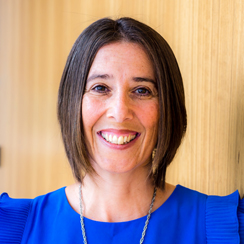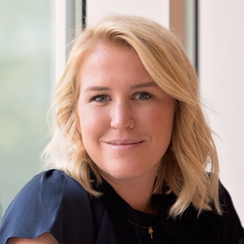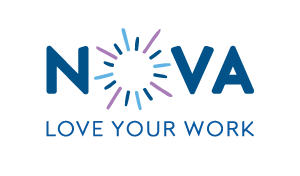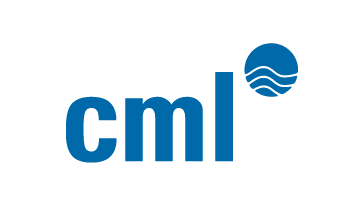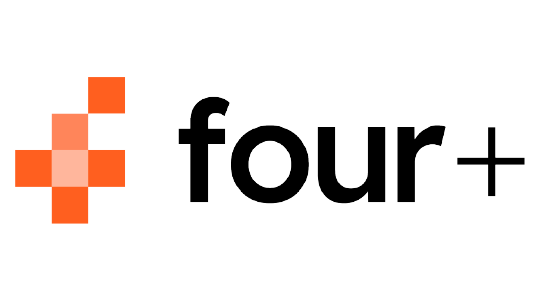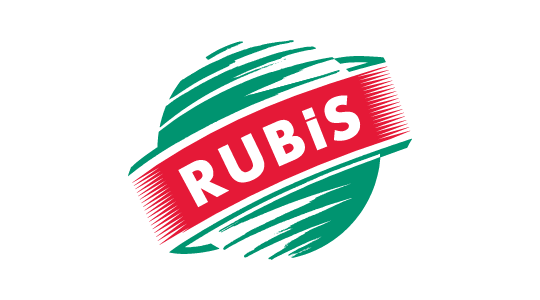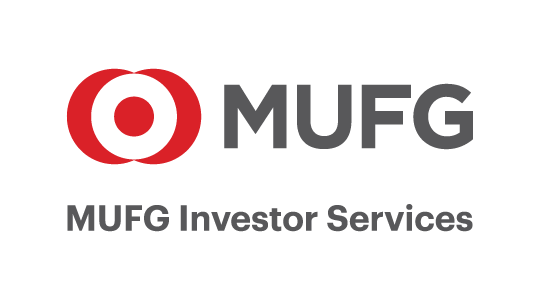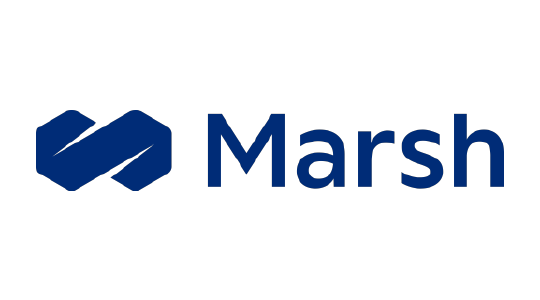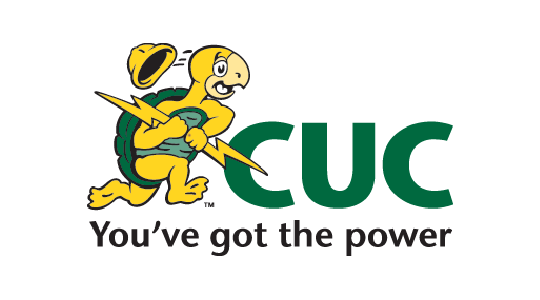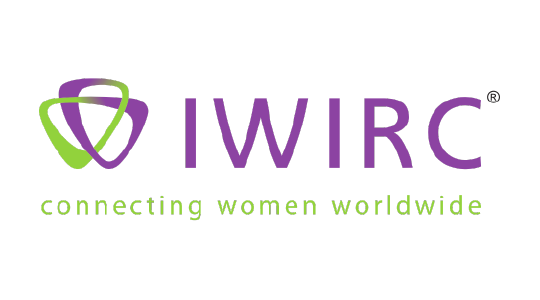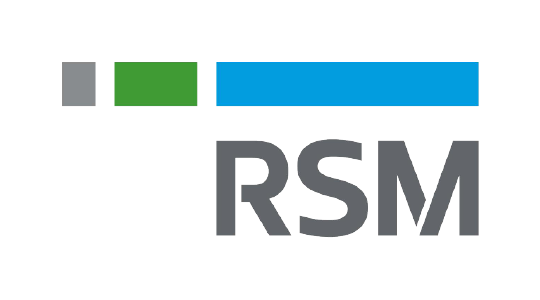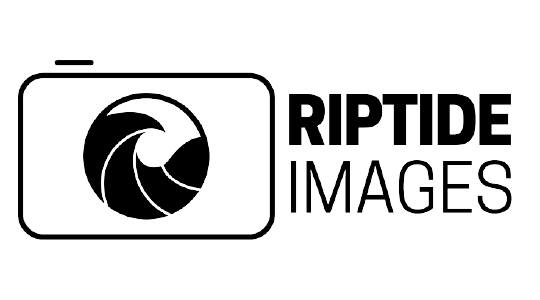In March 2020, the world turned upside down, and with the closing of the airport in the Cayman Islands, it marked the end of the tourism sector for the foreseeable future. While tourism and hospitality employees waved goodbye to the last of their visitors, they were left wondering what to do next!
For others and me with careers in this sector, it left us (especially those in their 40’s & 50’s) considering a midlife career change. And in Cayman, this only proved harder due to the uncertainty of the re-opening of the Islands. Already in my 40’s, I was settled into a career in tourism and a way of life that was comfortable and familiar, leaving me with an intimidating decision to make a career change during a global pandemic.
Tourism employees are undoubtedly passionate about their products and invested in their success and the destination they promote. So, the thought of starting or moving into a new industry meant taking a risk with something new.
In any industry (not just those affected by COVID-19), employees suffering from burnout or even boreout (lack of fulfilment) realise that it may be the time to take a risk and make a career change.
For me, the thought of starting afresh was indeed a daunting prospect. But with careful research and leaning on those all-important transferable skills and contacts, I made the effort and the decision to begin searching for a new career.
How do you decide to make a career change?
If you’re at a point in your life and your career that you’re thinking maybe it’s time for a change, you can start by writing a list of the pros and cons of your current job and use this as a base to help you in your decision making and potential transition later on.
First things first, you need to ask yourself some difficult questions:
- What do you like/hate about your current job?
- What is pushing you towards a change?
- Are you bored at work?
- Are you sick of who you work with?
- Is it possible to do what you do but for someone else? Or are you ready to make a more significant change?
Asking yourself these difficult questions can help you with the ‘why’ and move you forward towards a change.
The fear factor
Earlier, we mentioned risk, but what about the fear factor? There are three main fear factors that hold people back from making significant career decisions.
Fear of failure:
Perhaps you are thinking of making a move but feel you will be no good at the new position or worried that you won’t be able to learn quick enough or have the competency to fulfil the responsibilities of a new role.
Fear of what others think:
You might be worried about what others think regarding your decision to pursue a new career after years of being in another.
Fear of making the wrong choice:
What if you regret your choice? Are you afraid to take the leap, realising that you might miss your previous career path?
Fear is normal; it’s natural to have reservations and feel anxious about uncertainty. Take time to reflect and understand why you are scared. It’s unlikely that somebody can’t overcome fear. The first step is to acknowledge it.
In most cases, those 40 and over would have family and financial commitments, adding another layer of fear or risk, especially if the career shift comes with a pay cut and no guarantee of success.
Pushing through the fear
Fear and caution are natural, especially when making such a big change in your life but it doesn’t have to hold you back. Follow some of the tried and tested tools below to help you navigate this decision so that you can feel confident in the change you’re making.
Use your support system
It’s important to discuss your desire to change your career with those it will impact. Remember, this affects all parts of your life, not just your finances. A discussion with your spouse or partner and family members allows everyone to be on the same page, be supportive and prepared for change.
Make a Plan – Network, Research and Volunteer
How long have you been thinking about a move or career change, have you made a plan? Think about what a new career in your desired sector might entail. Make connections through networking opportunities, like Leadership Cayman or other similar interest groups.
Speak to people in specific roles that interest you, ask questions and learn about the ins and outs of their job. If you are struggling to know anyone in an industry you are interested in then you can use resources like LinkedIn.
Research, gather information and perhaps even seek out opportunities to volunteer or intern to ‘test out’ your possible new career.
As an example, if you were transitioning from a career in hospitality to sales and marketing, you could volunteer with a local charity that is looking for help with their publicity and other marketing needs. This can also introduce you to the opportunity of meeting a mentor, that can offer your help and advice in your exciting transition.
Transferable Skills
Many feel that by moving careers later in life you lose all the time and money invested in your current position. Stop and think about all the transferable skills you have honed over the years in your current and past roles – where can those add value in a new career path?
Look carefully at job descriptions and compare them to duties you are doing every day in your current role. Identify the transferable skills. If you are over 40, you’ve probably been working for a couple of decades and have a host of skills you have never thought about, let alone added to your CV.
Perhaps you’ve been in sales for a substantial time and are interested in transitioning to marketing, you have skills that will help you succeed. Think about what they are and make a list:
- Collaboration skills
- Presenting skills
- Communication skills
- Data Collecting/Analysing
- Customer Relations
- Revenue Generation
- Networking
Nothing from your career history should be considered a waste, it’s all valuable. Review your list and curate it to suit your new career path.
Revamp your Resume/CV
It might have been some time since you revamped your CV, remember that list you just created, use it to recreate your CV. Consider listing your most relevant skills near the top of the page and age-proofing the rest of your resume, like deleting dates from your education and removing positions that you held more than fifteen years ago, (unless you have experience that’s relevant to the new role).
Sell yourself in your cover letter, explain briefly about your career change, but focus mainly on how your past experiences have prepared you for this new role.
Reach Out – Help is Freely Available
Recruitment consultants (like those here at Nova) are passionate about your career. After an initial confidential and relaxed chat, they can help you re-work your CV to suit a specific role and prepare an introduction to the prospective employer. Remember recruitment consultants are working for you, as well as on behalf of their clients.
Free career advice and training is also available from our career partners at Connect by Nova. Each month Connect by Nova offers online career training on subjects like:
- LinkedIn Optimisation
- Resume Writing
- Soft Skills, Hard Impact
- Foundations of Interviewing
- Long Term Career Success
- Salary Negotiation
You can sign up for free on their website.
When many of your peers are committed to staying the course in their current careers, making that change can be scary. You may have come to feel that you are alone and that no one around you can relate to the choices you are making, however, remember there are plenty of people out there waiting to help you with your transition.
By researching, planning, networking and attending training programs, you will be ready to move forward in your search for a new career.
Reach out to our experienced recruitment consultants at info@nova.ky for a confidential chat and to find out more about the job postings and career advice we can offer.
If I can do it in my ‘mid-40’s’….. then so can you!
_________________________________________________________________________________
Emma-Jane Fisher is a Communications Specialist & part of the Marketing team at Nova Recruitment, one of the primary partners of Connect by Nova. If you are currently looking for a career move, Emma-Jane and the team at Nova Recruitment are here to help.
We hope that this post has been a helpful insight into planning a career change. If you are looking for more tailored advice about progression or new career opportunities, feel free to email connect@nova.ky and speak to a member of the career team about training and bespoke services offered to help you #AchieveCareerSuccess.




